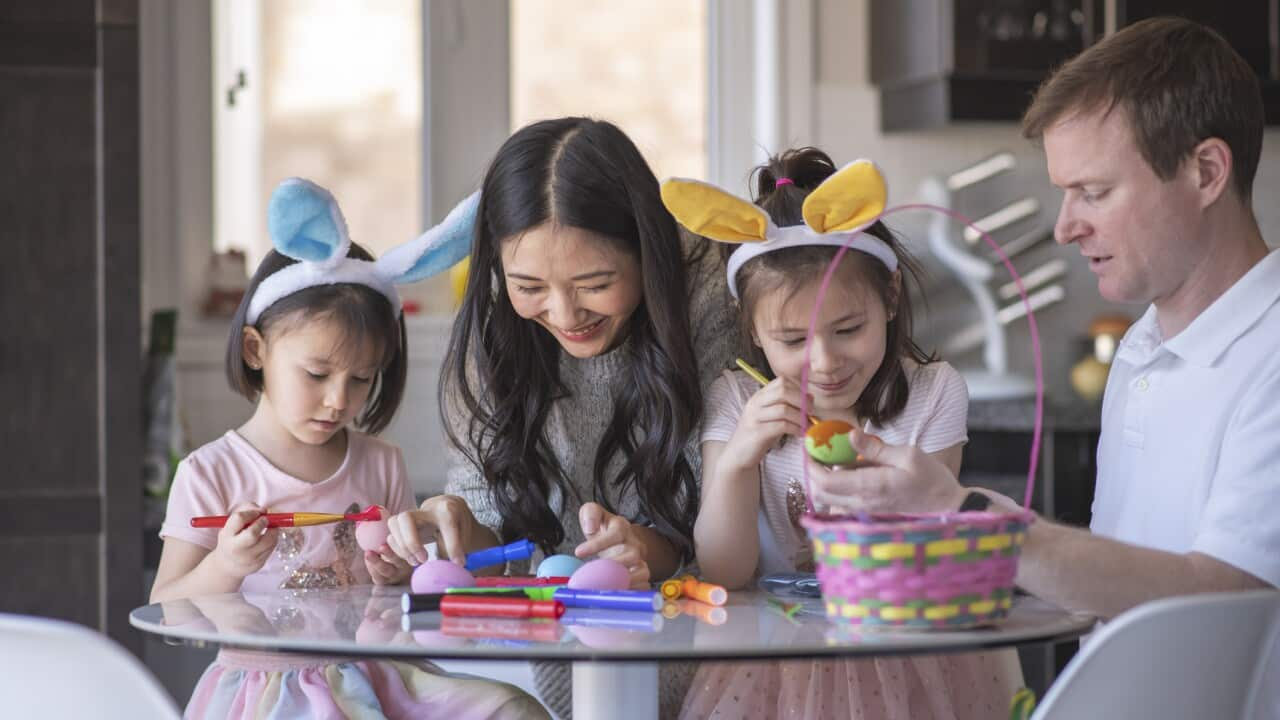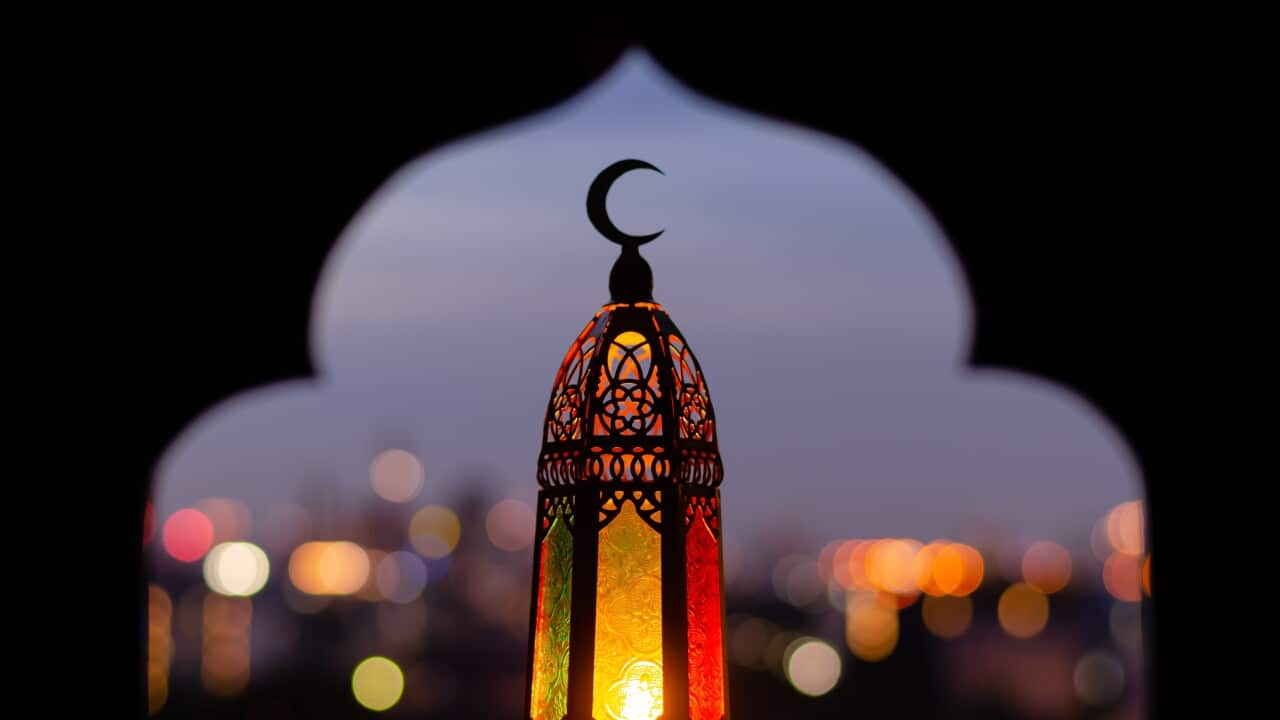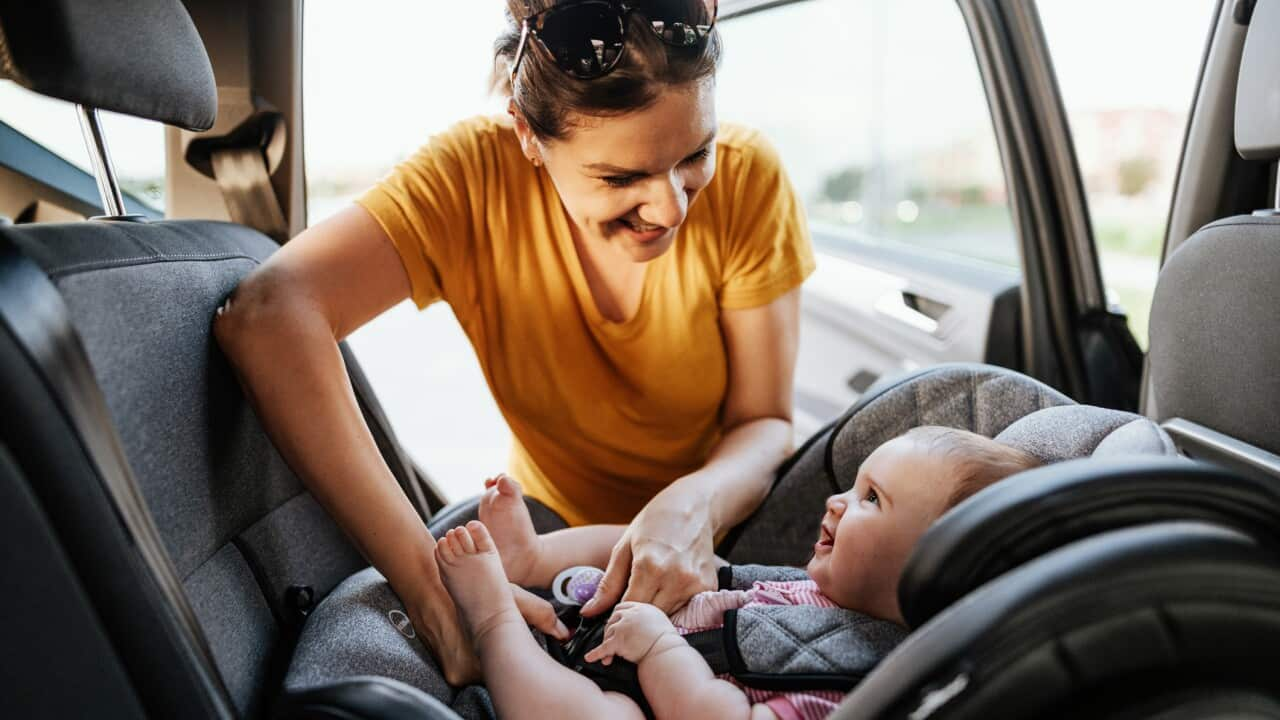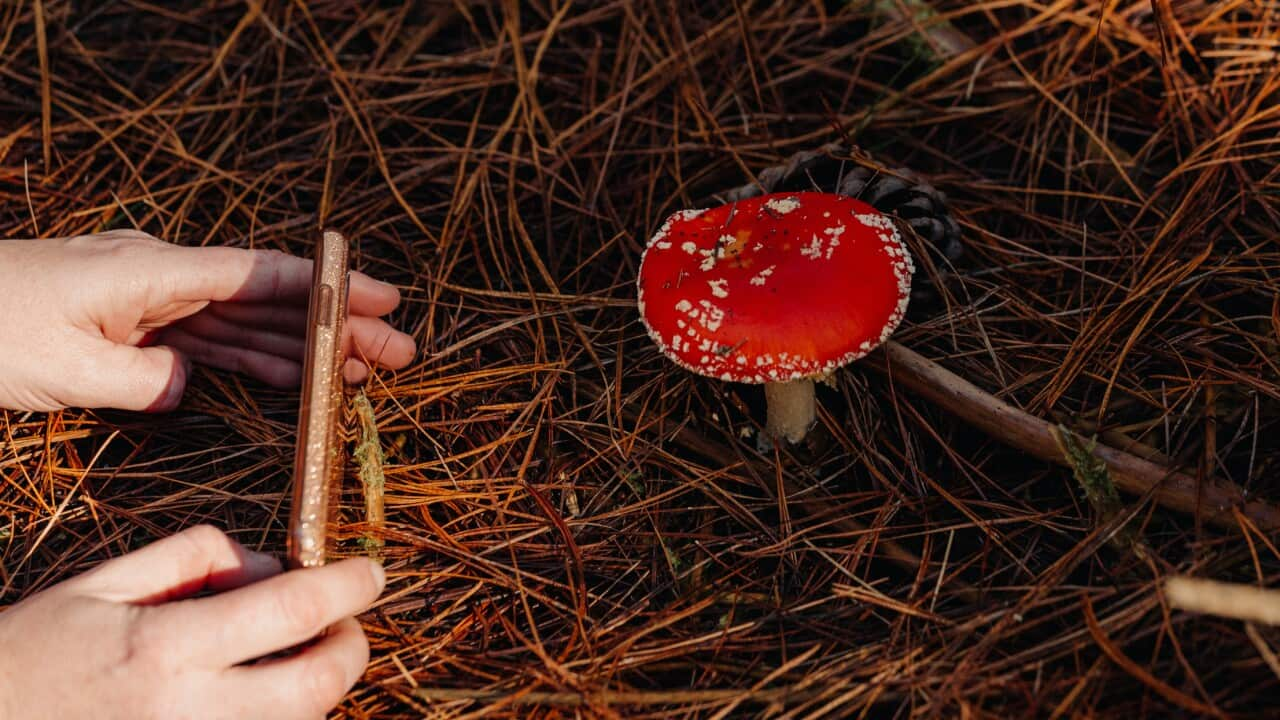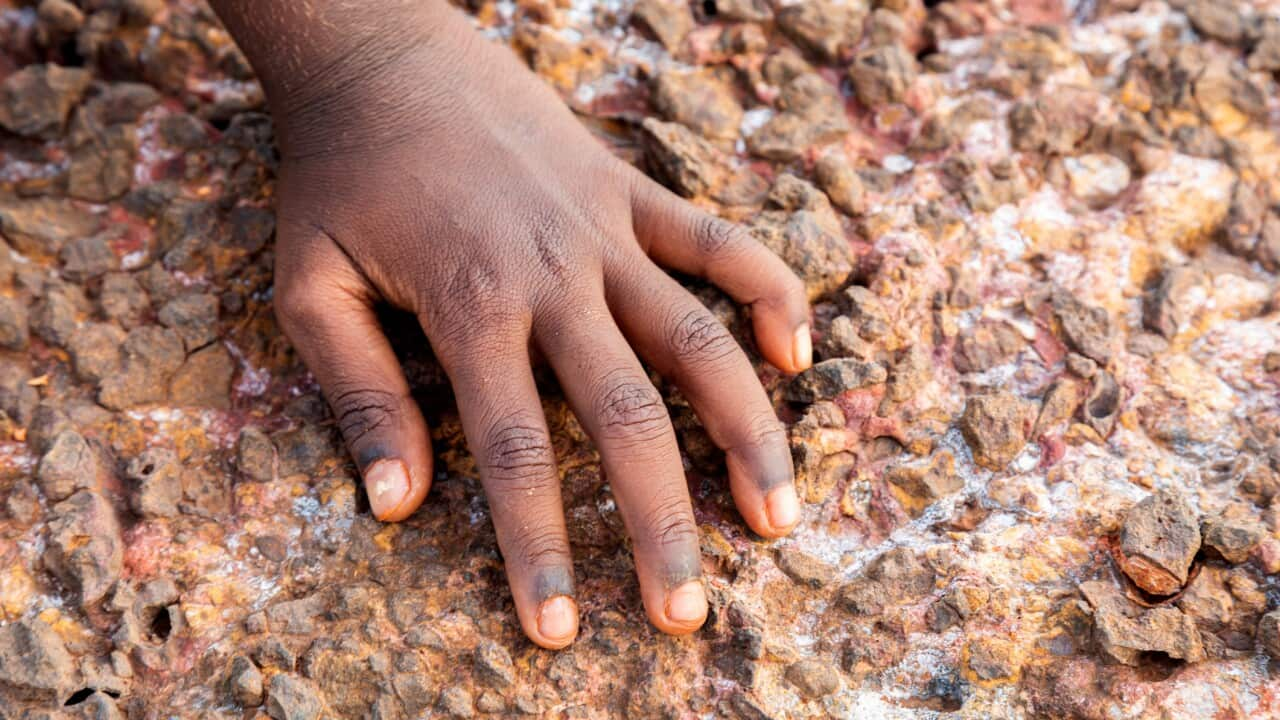Key Points
- Easter is a moveable observance that typically falls in autumn in Australia, often coinciding with school holidays.
- Beyond its religious significance, Easter is viewed culturally as a time for family gatherings, community connection, travel, festivals, and outdoor activities.
- The Easter bilby is a uniquely Australian tradition, replacing the Easter bunny as the bearer of chocolate eggs.
In Christianity, Easter commemorates the death and resurrection of Jesus Christ, with Easter Sunday marking one of the most significant celebrations in the Christian calendar, as the culmination of the Holy Week.
When referring to Easter, Australians usually mean the four-day long weekend, as Good Friday, Easter Sunday and Easter Monday are all national public holidays. Easter Saturday is a public holiday across states and territories
Danielle Corrie is a Sydneysider of Lebanese heritage who was raised celebrating both Catholic and Orthodox Easter.
She says, many people opt to take time off from work to travel, spend time outdoors or attend festivals.
“There are people of different backgrounds that do celebrate, and they have the school holidays also, so that gives them more time for family or travel to different destinations. It's also autumn in Australia at Easter, so there’s more outdoor activities like barbeques and picnics.”

Children can make their own basket as an arts & crafts activity to use for their Easter egg hunt. Credit: Fly View Productions/Getty Images
Easter traditions for kids
Lisa Baker, an early childhood education researcher at the University of Melbourne, says that for younger children, Easter is a time linked with games and activities.
“For preschool children or primary school aged children, the sort of dominant icons of Easter are around Easter eggs and Easter Bunny.
“The classic Easter egg hunt is certainly something that lots of Australian children enjoy.”
Organised by families or community groups in parks and gardens as a typical Easter Sunday game, Easter egg hunts involve searching for egg-shaped chocolate eggs, candy or decorated real and artificial eggs.
As the tale has it, Easter eggs are delivered and hidden by the Easter Bunny.
But an increasing number of Australians nowadays follow the tradition with a twist, replacing the bunny figure with the native bilby, as rabbits are considered a pest in the Australian ecosystem.
“They're obviously an introduced species and have created a bit of havoc on our vegetation and native animals. So, we have adopted the idea of the Easter bilby,” Ms Baker explains.
“You can now buy chocolate Easter bilbies in the same way that you can buy chocolate Easter bunnies.”
As a multicultural country, Australia celebrates Easter in ways that incorporate diverse traditions.
This is evident in schools, Ms Baker notes, particularly in childhood education, with national curriculum frameworks championing inclusion and cultural responsiveness.
Teachers and schools are trying to be sensitive to the many traditions children bring in their classroom and bringing those together in celebrations.Lisa Baker
“So, for example as well as doing an Easter egg hunt of chocolate Easter eggs, they might be looking at dyeing some Easter eggs, which is an Orthodox tradition, or perhaps for other ways of displaying eggs, on twigs or branches.

Making an Easter hat and participating in an Easter hat parade is a classic cultural ritual, that many children and schools opt to participate in, says Ms Baker. Credit: OMG/Getty Images
Two Easters, more choice for cultural traditions
Born in Sydney to first- and second-generation Lebanese Australian parents, Ms Corrie was raised celebrating both Catholic and Orthodox Easter.
The two major Christian denominations celebrate Easter on separate dates.
“The Catholic Easter follows the Gregorian calendar, and the Orthodox Easter follows the [Julian] calendar. Sometimes they are together and other times they can be up to five weeks apart,” Ms Corrie explains.
In either tradition, she says, Easter is about coming together as a family and enjoying some Easter staples, including hot cross buns, homemade biscuits and pastry, fish-based soups and meals and a festive roast on Easter Sunday.
One of the most common Orthodox Easter cultural practices involves the decorative dyeing of eggs with natural ingredients, like onion leaves, and the subsequent egg fight amongst family members.
Ms Corrie recalls how they would go about the egg taping at home.
“It was a spirited competition and involved partnering up with another member of the family. We turn one side of the egg over and tap the other end. So, if both sides of your egg were cracked, you were eliminated and there was a winner at the end who had either no sides of their egg cracked, or one side of their egg cracked.”

Different cultural group celebrate Orthodox Easter in Australia, including followers of the Greek Orthodox, Russian Orthodox and Macedonian Orthodox faith. Credit: LOUISE BEAUMONT/Getty Images
“It is based on this sort of tradition of using things in your pantry before going into the Lent period,” Ms Baker explains.
She adds that pancake-making is also a fun activity for children to be involved in.
“It’s usually a family event, but if feel like inviting people around to have pancakes on the day there’s nothing wrong with that.”
A time of connection
Going camping or attending festivals are common holiday and entertainment choices for Australians during Easter.
Like many Sydneysiders, Ms Corrie has family memories as a child from attending the Easter Show, a shortened name for the Sydney Royal Easter Show, a festival celebrating agricultural communities.
“It was a captivating experience. We saw rural displays and floral and craft exhibitions and even like wood cutting exhibitions and had the opportunity to gather samples of wood for our school projects. And of course, we would get to have Easter show bags filled with excited goodies and lollies and chips.”

Held over a two-week period around Easter, the Sydney Royal Easter Show is Australia’s largest in size annual event, attracting over 800,000 people. Credit: Mark Metcalfe/Getty Images
“A decision was made back in the 1890s to hold it over Easter, and the reason why was because of the long weekend. There was an opportunity for people to leave their businesses and leave their farms not just for two days, but for three days. And so, it became the time of the year that we celebrated the Easter Show,” explains Murray Wilton, General Manager of Agriculture and Sydney Royal Easter Show.
Like other smaller-scale Easter shows in Australia, it features carnival rides, games, activities with farm animals and competitions.
Mr Wilton says the Sydney Royal Easter Show embraces multiculturalism, so organisers have incorporated an Australian Citizenship Day into the annual lineup.
“And they're talking to people that are fourth and fifth generation farmers. It's just lovely to see all these communities come together over a 12-day-period, because it is an absolute snapshot of Australian culture promoting agriculture.
It doesn't matter what country you come from, it doesn't matter what religion you are, the gates are open for you to come to the Sydney Royal Easter Show.Murray Wilton
According to Ms Baker, Easter is ultimately an opportunity to connect with others and celebrate in a way that fosters our sense of community and well-being.
“There'll be local community groups or school groups, local council, perhaps markets or festivals or events. It's a four-day long weekend, so it's an opportunity to get out in your community and meet other people."
“Easter and any of our celebrations, whether they're religious or social or cultural, it's about bringing people together and about celebrating our connections and our family.”
